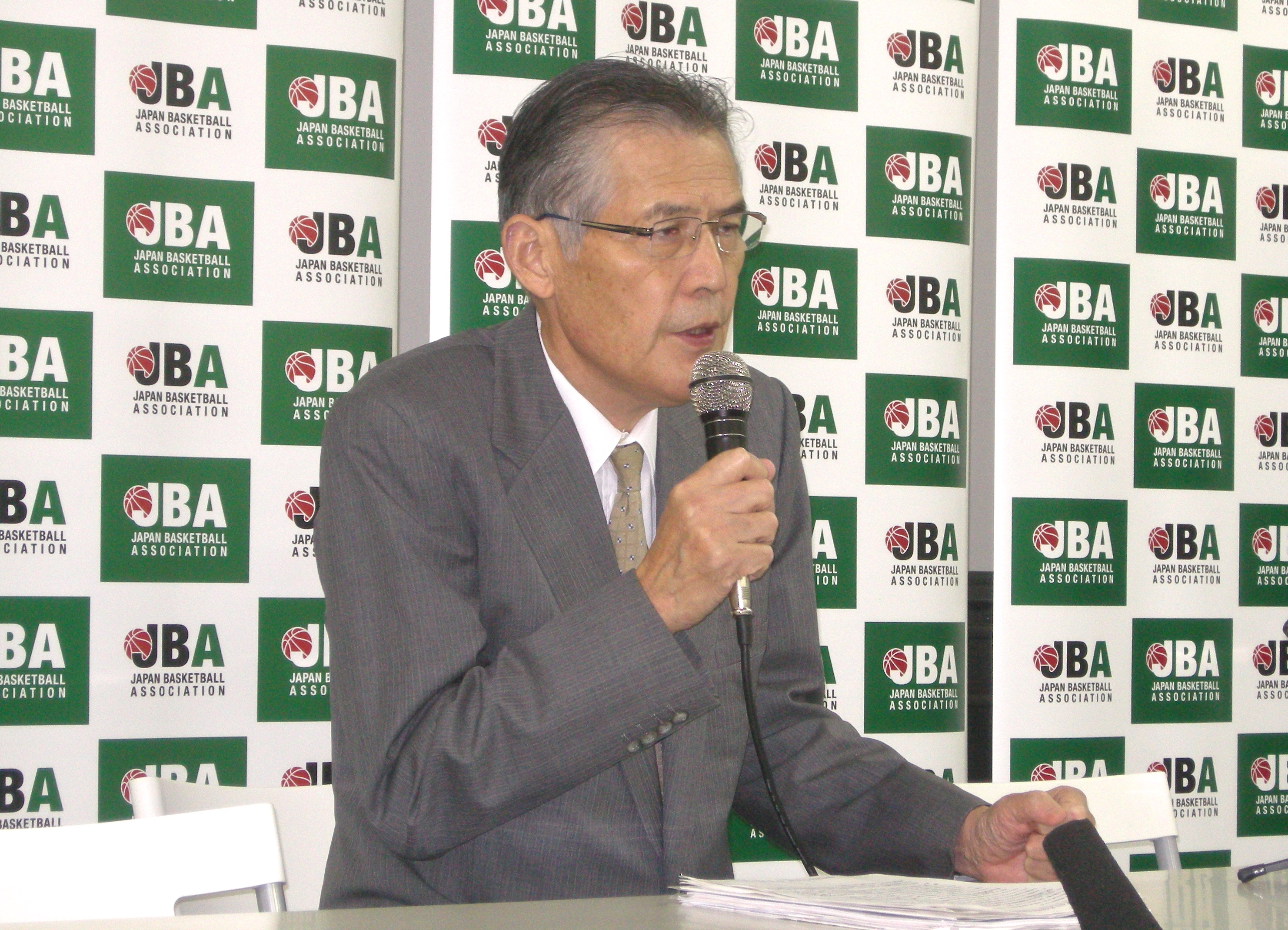Japan Basketball Association president Yasuhiko Fukatsu announced his resignation from the helm during a Tokyo news conference on Thursday with the sport's national governing body likely to face a ban from FIBA.
Fukatsu said that during a JBA board meeting on the same day he revealed his intention to step down and take full responsibility for not having been able to orchestrate a merger of the NBL and bj-league, the nation’s two top leagues, one of the major issues FIBA, the sports global governing body, has asked the JBA to resolve by the end of October. FIBA has said it will suspend the JBA if its requirements weren’t met.
"FIBA has pointed out our lack of governance, particularly seen in the unification of the NBL and bj-league to create one professional basketball league," Fukatsu said. "In order to achieve this, the three parties (JBA, NBL and bj-league) have agreed to form the league and made a draft. Yet we have not received final agreements (from all the clubs) at this point."

















With your current subscription plan you can comment on stories. However, before writing your first comment, please create a display name in the Profile section of your subscriber account page.